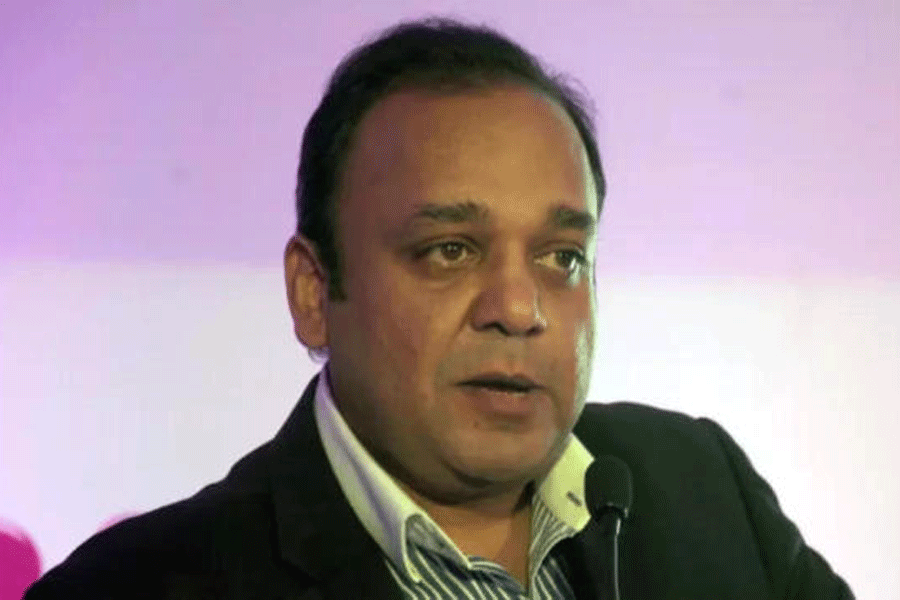The Securities Appellate Tribunal (SAT) on Monday upheld an interim order given by the Securities and Exchange Board of India (Sebi) against Essel group chairman Subhash Chandra and his son Punit Goenka, the CEO and MD of Zee Entertainment Enterprises Ltd.
The setback to the duo complicates the closure of the merger between Zee and Sony.
An interim order given by the market regulator on June 12 had barred Goenka and Chandra from holding directorship or key managerial positions in any listed firms due to alleged fund diversion.
With the SAT declining to give any interim relief, the duo may now challenge Monday’s ruling before the Supreme Court.
In a 21-page order, the bench presided over by Justice Tarun Agarwala and technical member Meera Swarup asked Goenka and Chandra to file a reply or objection to Sebi’s order along with a stay vacating application to the market regulator’s order within two weeks from Monday.
It further directed that the whole time member (WTM) of Sebi will fix a date for hearing within a week from the date of filing the reply by the duo.
The whole-time member will pass appropriate orders within two weeks after giving them an opportunity of hearing.
During the hearing, counsel for both Goenka and Chandra had pointed out that the transaction which Sebi is referring to, occurred in 2019-20 and therefore there was no tearing hurry to pass such kind of interim order at this stage.
“There is nothing on record to indicate that the details of the repayment made by the related entities was made known to the Sebi or to the stock exchange in 2019-20. These details only surfaced when Zee provided the information on May 8, 2023. Thus, prima facie at this stage there is no delay in the passing of the impugned order’’, the tribunal said.
It further added that the contention that no prima facie case existed in passing the order is also erroneous.
According to the tribunal, the argument that the conclusion of siphoning of the funds cannot be arrived at on the basis of the bank statements, though “attractive’’ cannot be considered since a prima facie opinion was arrived at based on objective facts indicating diversion of funds from a listed company which was not in the interest of its shareholders and the investors.










